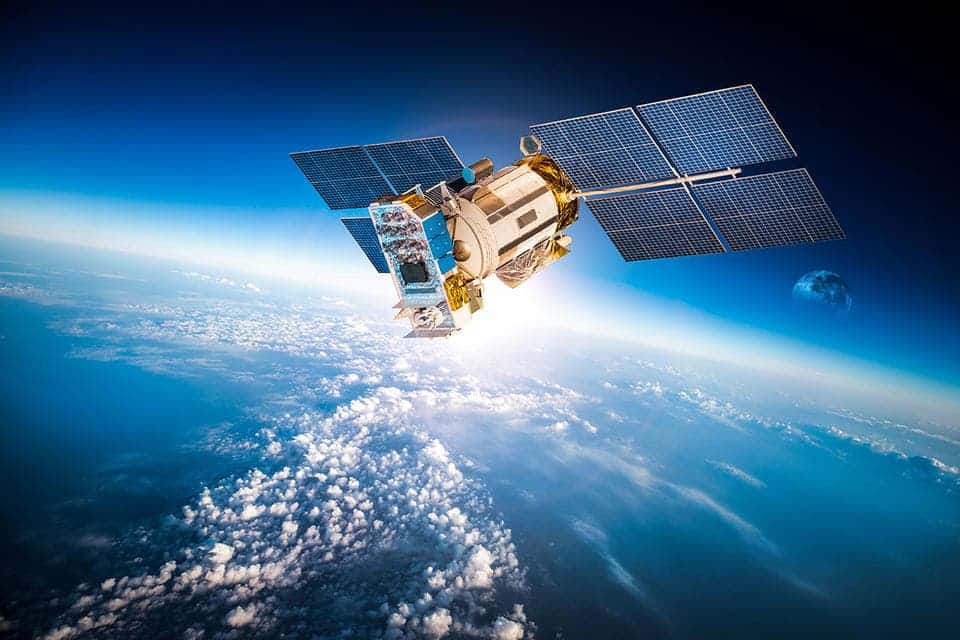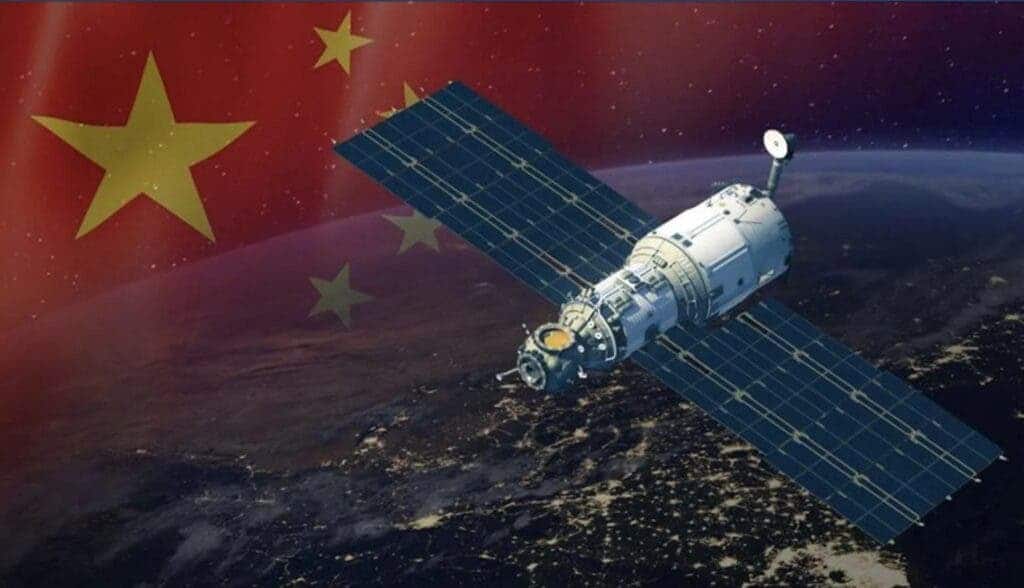

Russia commences attack - seizes 36 British satellites
source link: https://www.gizchina.com/2022/09/03/russia-commences-attack-seizes-36-british-satellites/
Go to the source link to view the article. You can view the picture content, updated content and better typesetting reading experience. If the link is broken, please click the button below to view the snapshot at that time.

Russia commences attack – seizes 36 British satellites
Earlier this year, Russia refused to launch and indefinitely seized 36 satellites for British satellite startup OneWeb. This resulted in a $230 million impairment of the latter’s assets. OneWeb was scheduled to launch 36 satellites into orbit in March from the Baikonur Cosmodrome in Kazakhstan. But after the Russian-Ukrainian conflict broke out, Russia issued an ultimatum to OneWeb. The transcontinental nation says it will not launch the satellites until OneWeb assured that its satellites would not be used for military purposes. Furthermore, Russia asks the British government to sell its stake in the company.
Read Also: NASA fears Russia’s sudden withdrawal from the ISS project

If we want to go by the U.S. standards, then Russia is protecting its “national security”. Recall that in any company that the Chinese government has a stake in, the U.S. blacklists the company as capable of compromising its “national security”. In fact, even companies that the U.S. government assume has a connection with the Chinese government, it blacklists. We can now see the U.S. has set a new precedence for other nations to follow. Russia is saying OneWeb should cut all ties with the British government or forfeit its satellites.
OneWeb faces a huge $230 million loss
Of course, OneWeb can not afford to accept the request. Without the support of the British government, the company will be grounded anyways. The company’s board decided to cancel the launch plan and evacuated employees from Baikonur. The Russian government subsequently seized the 36 satellites. Russia has since placed OneWeb CEO Neil Masterson on a sanctions list.
In its latest report, OneWeb said it posted an overall loss of $390 million on revenue of $9.6 million for the 12 months ended March 31. OneWeb also claims that the failed satellite launch and seizure resulted in a $230 million impairment of assets.

OneWeb is planning to deploy a space internet consisting of 650 satellites to provide broadband connectivity services. In July, French satellite company Eutelsat announced its acquisition of the company, and the British government will still hold a stake in the combined company, which will be listed in Paris. At the same time, the French government will also have a partial stake in the company. Despite Russia’s sanctions on OneWeb’s leadership, Eutelsat, which operates TV satellites, insists it will continue to serve Russian customers. About 6.3% of the company’s turnover (€76 million) comes from Russia.
British government rescued OneWeb
OneWeb fell into bankruptcy in 2020 and was rescued by a joint $1 billion injection by the British government and India’s Bharti company. The company raised a total of $3.4 billion to build a space internet before going bankrupt. Since emerging from bankruptcy, the company has raised $2.7 billion for its satellite projects.

OneWeb said in the report that it has so far secured $300 million in “committed orders” for its satellite services, including $170 million in “advance” funding from Saudi Arabia to provide connectivity to its yet-to-be-built megacity Neom. The company cancelled the launch in Russia and was forced to delay the satellite deployment plan as a result. OneWeb had hoped to start commercial services by the end of 2022, but now it may not restart the satellite launch program until December. The company has signed a launch deal with Elon Musk’s SpaceX, despite the latter’s competing Starlink satellite project.
OneWeb is probably a spy company for the British government and this is why it gets the ban from Russia. If it must continue its business, then it will have no business or connection with Russia.
Russia to cooperate with China on the moon and deep space research
Since the commencement of the conflict between Russia and Ukraine, the world has had diverse views. The U.S., U.K. and a good part of Europe are solidly and openly behind Ukraine. However, China, Iran and a few other countries will hardly support whatever the U.S. supports. At the moment, China is in a serious romance with Russia and the U.S. does not like this. Unfortunately, unlike other nations that it strong-arms, there is nothing more it can do about this romance. According to the Russian Satellite News Agency, Yuri Borisov, general manager of Roscosmos, said that Russia is looking for ways to cooperate with China to explore the moon and deep space.

Borisov pointed out that it is very difficult to implement such projects independently from the point of view of funding and necessary capacity. As of now, Russia’s lunar exploration program is “imperfect from a financial and scientific point of view.”
In May of this year, Rogozin, general manager of Roscosmos, revealed that the “Luna 25” probe was planned to be launched at the end of September. The main task of this launch is to practice the basic techniques of a soft landing in the circumpolar region and conduct contact research on a specific region of the lunar south pole. The “Luna 25” probe mission is Russia’s first in 46 years. On August 9, 1976, the Soviet Union sent the last man-made device to the moon, the Luna-24 probe, to study the moon, and collect and return lunar soil samples to Earth.
U.S. is also trying to study the moon
Recall that the U.S. is also on the verge of a similar moon study with the “Artemis 1“. For scientists, NASA’s renewed focus on the moon heralds a flood of new data in the coming years. Scientists also found that the moon is not as dry as they thought. Frozen water is a precious resource at the bottom of the permanently dark craters at the moon’s poles. It could provide drinking water for future astronauts visiting the moon. Furthermore, it may be possible to break the water into hydrogen and oxygen.
Recommend
About Joyk
Aggregate valuable and interesting links.
Joyk means Joy of geeK
